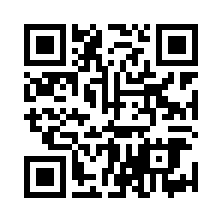UDK 130.2:159.923.2
DOI: 10.15507/VMU.024.201404.216
OPERSON’S SENSE OF “SELF” IN HIS RELATIONS TO OTHERS
N. L. Novikova
(Professor of the Chair of Philosophy, Ogarev Mordovia State University (Russia, Saransk, 68 Bolshevistskaya Str.), Doktor Nauk degree holder in Philosophical Sciences, This email address is being protected from spambots. You need JavaScript enabled to view it.)
Our reality is not something solid and invariant; a fluid self-developing process opening in human consciousness resists its self-sufficiency. A human being is not an observer of what is happening - he is a part of the whole, so he is directly involved in the present reality. He experiences his thoughts and feelings, changing at the same time the reality and himself. Since the establishment of the new civilization affects a human being, his world perception, a personal value system, one of the most significant consequences of contemporary social processes (globalization, informatization, visualization and virtualization) is the actualization of the problem of preservation of individual identity. Located in the cultural space, a person accumulates it in his inner world, the identity herewith is a method and mechanism of “structuration” and “decryption of existence” of cultural universals and the “translator” of knowledge in the culture and social practices (V. S. Stepin). The idea of constantly changing reality becomes particularly valuable in the contemporary culture, thus preference is given not to the general principles, stagnation and abstract knowledge, but to concrete experiences. Using the power of his imagination an individual constructs his life, creating the context of his world, which depends on other contexts. A unique way of finding you self through the dialogue between “self” and other takes place in everyday life, serving the basic reality, the cultural communicative space.
Keywords: cultural space, everyday culture, person, identity, identity crisis, dialogue, dialogue of meanings, self-identification.

This work is licensed under a Creative Commons Attribution 4.0 License.

















